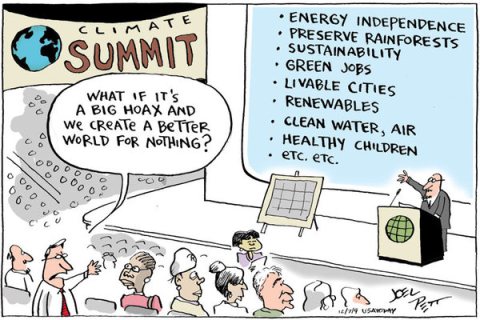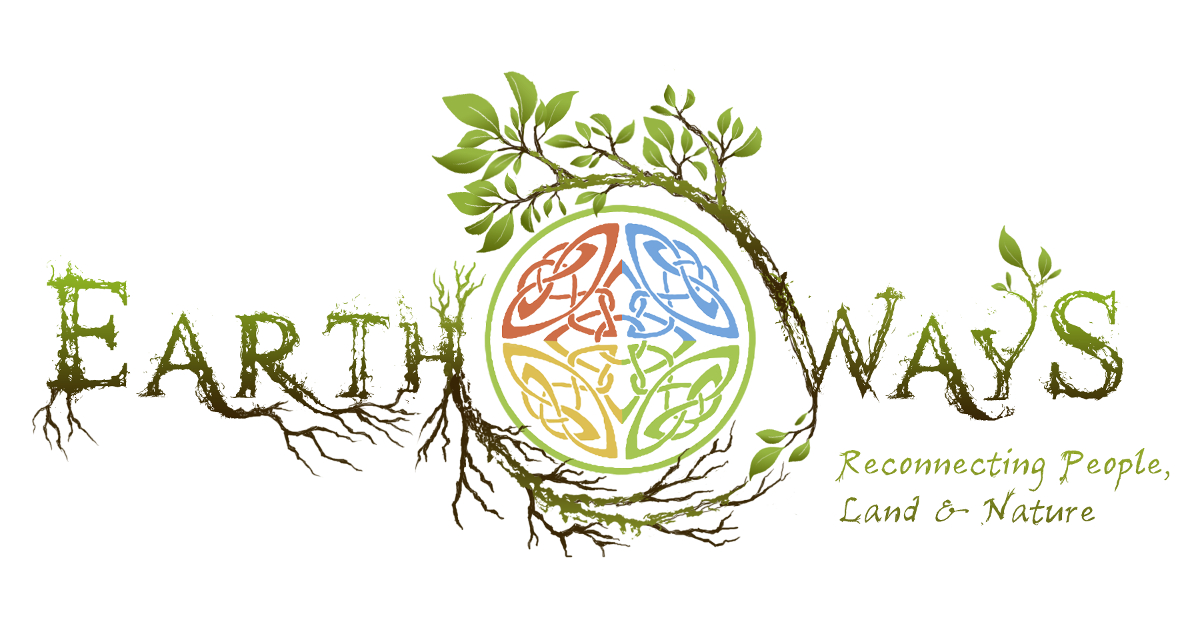
Ludwig Appeltans has included a circular economy into the design for the nature-based permaculture community he created on the Isle of Skye. If you want to hire him or learn from him, please feel free to join the Virtual Village.
Humanity is on the verge of a major reorganization. I know this is just a mild way of expressing it. I don’t want to put you off reading further by scaring you too much, but fact is that humanity is facing quite a number of crises all at once. Each one of these crises on their own is bad enough to cause major problems to our well being. Some just threaten our health, others threaten the survival of our species as a whole. (If you do want to know what we face, read this research by Nasa)
I won’t elaborate to much as most of us are well aware of the issues at hand. I want to focus on the solution. Let me just elaborate on one issue:
Our dependency on fossil fuel for our food.
Only 1/3th of our food is produced in the UK. The rest gets trucked, trained in, flown in or shipped in, sometimes from the other side of the world by using huge amounts of fossil fuels. The food production in the UK is also depending on fossil fuel in the form of fertilizers, pesticides, fungicides, herbicides, the fossil fuels for the heavy machinery, the heating systems of the greenhouses and for the meat factories, for the trucks needed to transport the ingredients and the finished products around the world, into our country and eventually into the supermarket where we drive to, to pick up our food. And that is not taking into account the energy we use to keep it fresh, for cooking and the energy used to deal with the waste. Calculation tells us that for one calorie of food we burn 10 calories of fossil fuel.
Even organic farming is hugely depending on fossil fuels ‐ organic is only a small step in the right direction.
Whatever way you look at it, from start to finish, our supermarket food is dripping in oil.
Any time of any day something serious can happen that wobbles the volatile speculative market price of oil and our food supply chain threatens to grind to a halt. How quickly will the supermarkets be empty?
Add to this picture that the pressure on the price of oil increases every week as many times less oil gets discovered than gets consumed and we have a mixture that will result into serious problems. The question is not if, but when.
Please don’t panic, for:
There is a solution for ALL the problems mentioned above and many more:
PERMACULTURE Design
In short Permaculture is a conscious way of living that makes our culture permanently possible, as opposed to our current way of living that is leading us towards disaster.
You can find more on permaculture here.
Benefits of Permaculture:
– Permaculture is minimizing the need of labour and energy input by designing work out of the system and by mimicking and learning from the most efficient plant growing system there is on our planet: Nature. Reducing labour even further by choosing perennials and self-seeding annuals instead of the annuals that now form 95% of our diet.
– Permaculture makes maximum use of space by growing plants in up to 7 layers. (stacking) and by using succession.
– Permaculture eliminates the need for insecticides by creating a self regulating ecosystem that deals with pests and diseases by choosing plants that attract natural predators, by choosing the best companion plants, by diversifying lots of different species. By working with polycultures instead of monocultures, with added side effect that it makes our food supply more resilient to unexpected extreme weather events.
– Permaculture eliminates the need for chemicals and fossil fuel based fertilizers, by growing nitrogen fixing plants, attracting birds, dynamic accumulator and the best composting plants and by refining composting techniques.
– Permaculture eliminates the need for weed killers and limits the need for laborious weeding by using mulch, ground covers, allelopatic plants and green manures.
– Permaculture increases the beauty of the garden by allowing birds, insects and amphibians to play their essential role of pest control, of fertilization and of spreading seeds.
– Permaculture reduces the need to drain land and destroy a naturally wet habitat. Shady and wet places that are unsuitable in conventional farming techniques produce successful crops.
– A high diversity in the production makes sure there is fresh food in the garden all year round and increases the food security in a chaotic climate.
– Permaculture brings our carbon footprint within sustainable levels by minimizing and eventually eliminating the need for carbon based fossil fuels and by growing renewable resources and by capturing and storing carbon in the soil. Permaculture enables us to turn our ecological impact from negative into a positive.
– Permaculture helps the well-being of people by reconnecting them to nature and to their food. Mental health issues and physical health improve and crime declines dramatically.
– Permaculture helps to make the community as a whole more resilient by encouraging cooperation and connection.
– Permaculture enables people to be part of the solution, no longer part of the problem. Permaculture gives us the tools to improve the quality of our lives, our community, our society and our ecosystem.
– Permaculture is a revolutionary way to use our energy and resources to create beautiful, sustainable, life-giving systems. Permaculture is the only viable food production system for an unpredictable future. Permaculture helps us to increase yields, stop and clean up pollution, reduce energy consumption and not only allows us to sustain our planet. It allows us to thrive in abundance.
Sounds to good to be true? Does permaculture actually work?
Yes it does! There are thousands of examples of permaculture in action, mostly in poorer countries where necessity pushes for change. Gardeners are applying permaculture in their gardens all over the world and communities are using the tools to create community gardens, regenerate land, develop wetlands to treat waste water, establishing composting systems, planting forests and forest gardens, the list is endless. The most obvious and widespread example of permaculture on a large scale is Cuba. After the boycott by the USA, the Cubans embraced permaculture on a national scale. They are now not only feeding themselves, but are healthier and happier than ever before. Not yet convinced? Have a look at this: How 1 MILLION Pounds Of Organic Food Can Be Produced On 3 Acres or come and visit our own farm to see for yourself.
Are you interested in learning more?
You can check for workshops and courses on permaculture here, or write an email to find out about courses.
I wrote this article for the3thimagazine who kindly published it here.
Ludwig Appeltans has included a circular economy into the design for the nature-based permaculture community he created on the Isle of Skye. If you want to hire him or learn from him, please feel free to join the Virtual Village.
